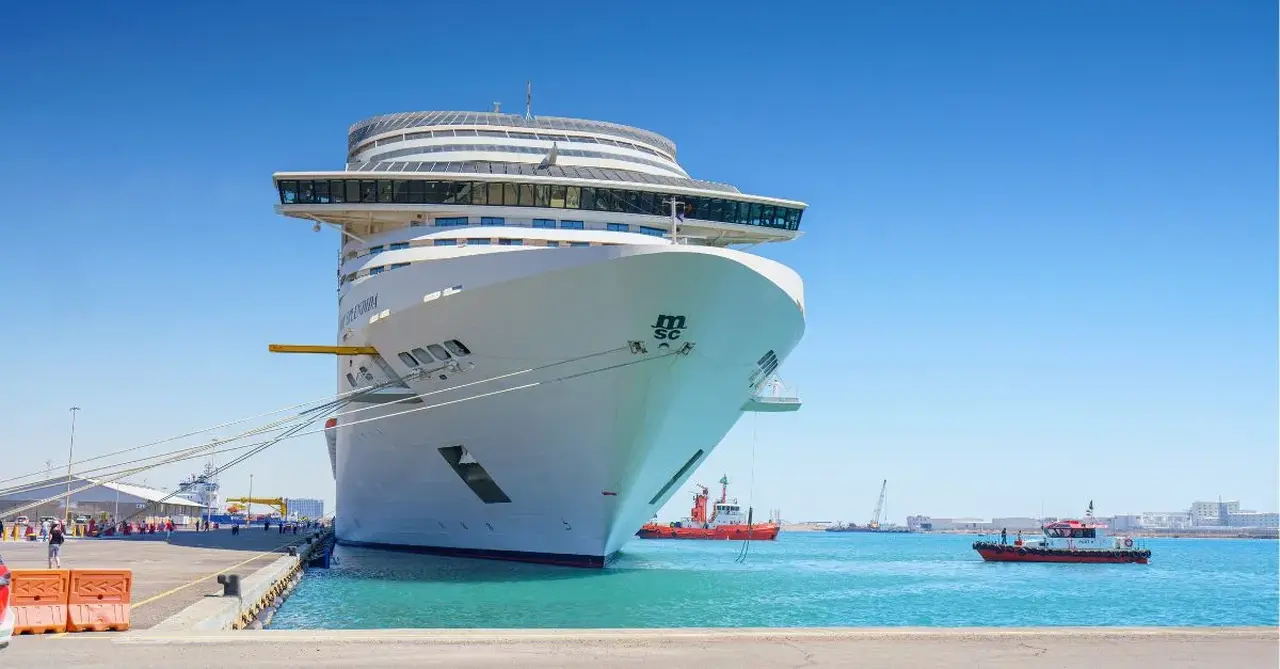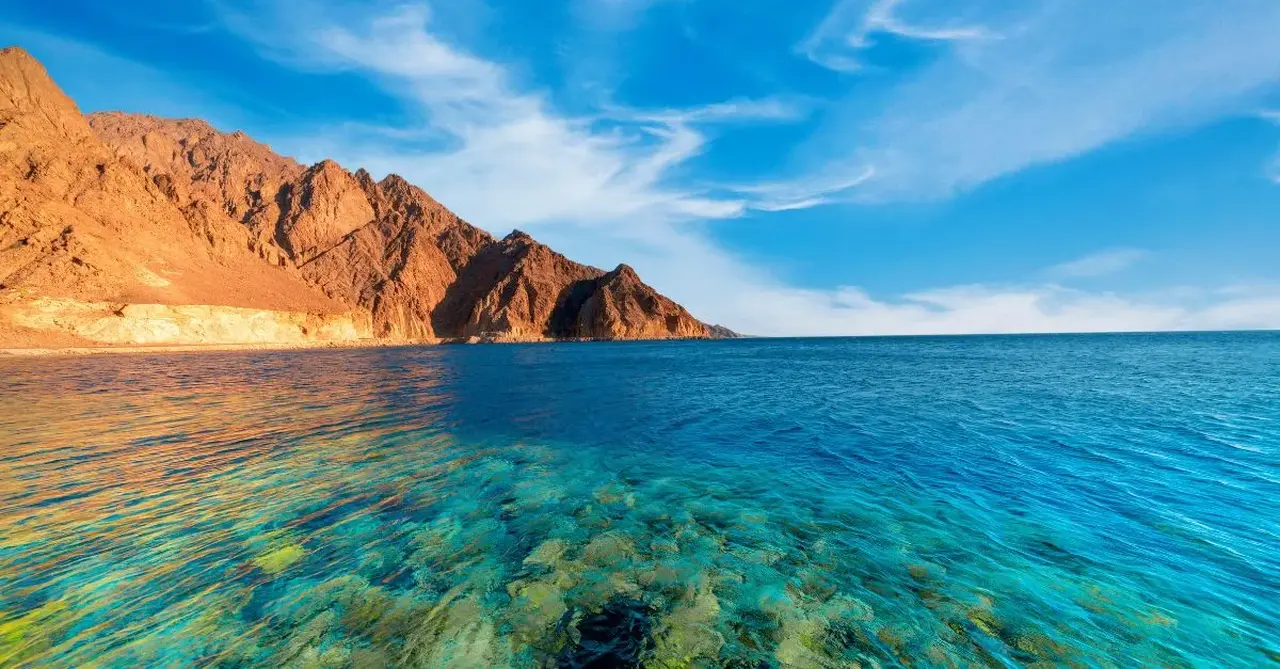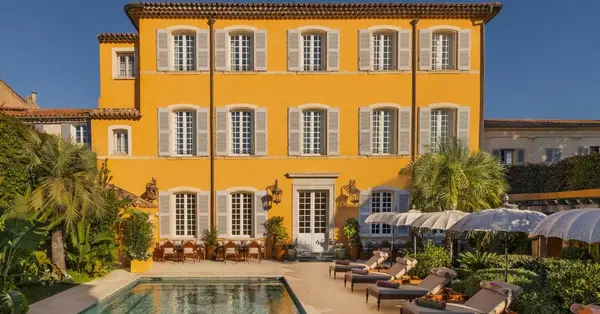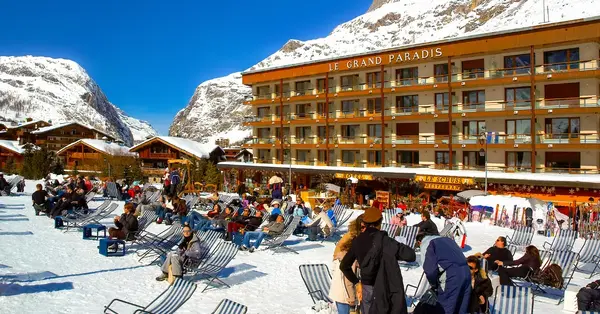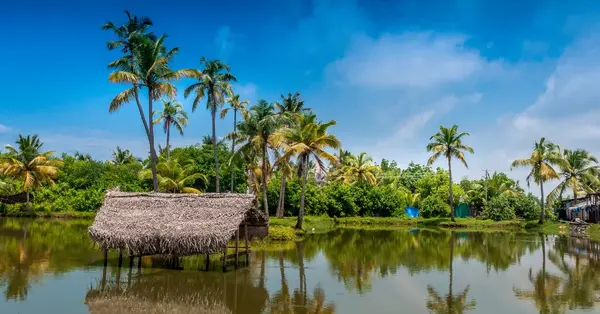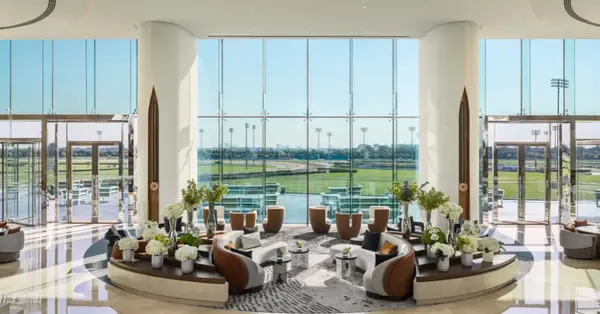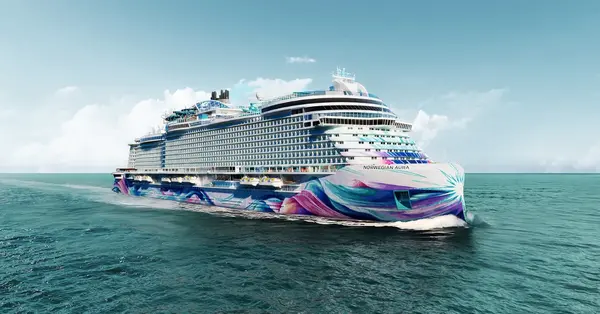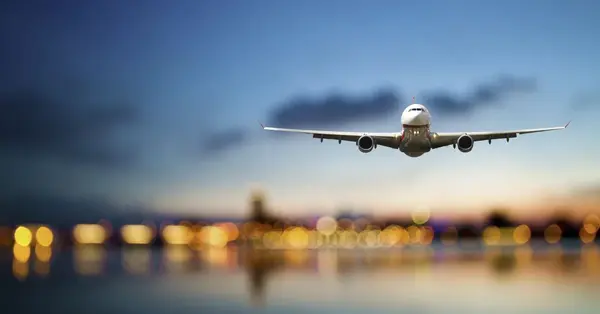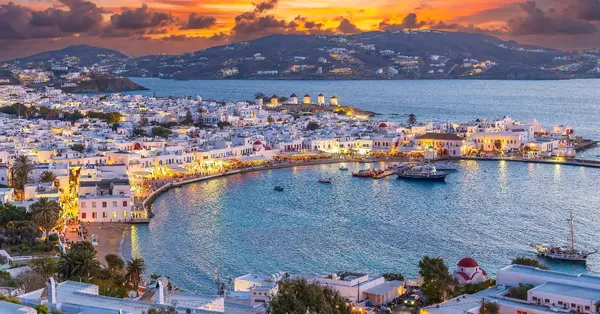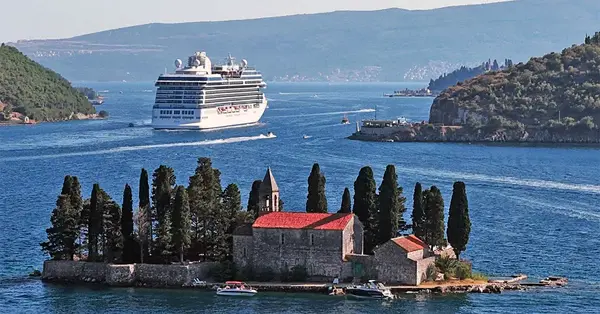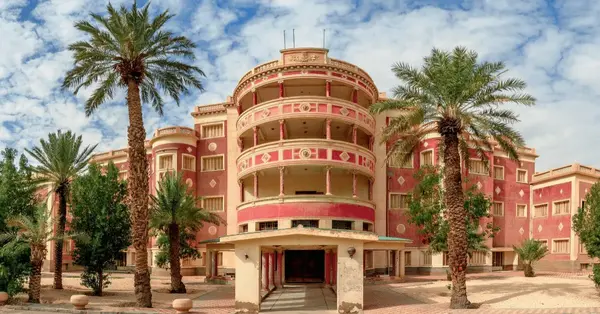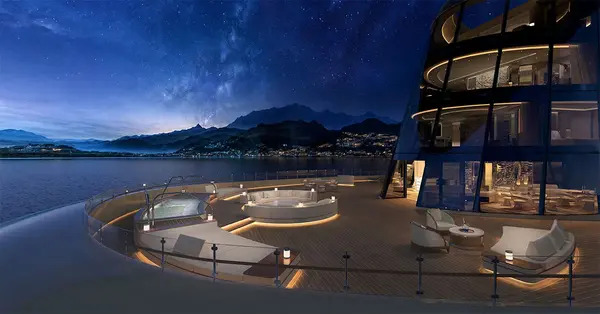You are viewing 1 of your 2 free articles
Saudi Arabia introduces cruise ship framework to boost Red Sea tourism
New regulations set global standards for sustainability, service and coastal access
Saudi Arabia has introduced its first regulatory framework for cruise ship operations, part of the kingdom’s strategy to position the Red Sea as a premier tourism destination and draw 1.33 million cruise passengers by 2037.
The seven regulations, established by the Saudi Red Sea Authority (SRSA), are designed to set new standards for environmental stewardship and passenger experience across the region’s ports.
While cruise ships have been docking at key Saudi ports such as Jeddah, Yanbu and Dammam for several years under general maritime regulations, this new framework introduces targeted guidelines that address safety, service quality and environmental stewardship.
The newly established regulations define clear roles and responsibilities for ship operators, agents and port authorities. They streamline licensing processes and set detailed standards for vessel movement, port infrastructure and required amenities.
RELATED:
Cruise Saudi to develop 10 destinations by 2030
Groundbreaking new event to drive cruise growth in Gulf region
Saudi Arabia’s Aroya joins Cruisehost booking platform
The framework also elevates the passenger experience by mandating high service standards for transportation, hospitality, entertainment, catering and the management of complaints or itinerary changes.
This proactive, sustainability-focused approach is especially timely given the mounting pressures on other global cruise destinations. Cities like Venice and Barcelona have struggled with over-tourism, leading to new visitor limits, additional fees and public frustration over environmental and infrastructural strain.
By building comprehensive oversight from the start, SRSA seeks to avoid such pitfalls and ensure the Red Sea is managed as a responsible, model tourism destination.
With its 1,800 kilometre coastline, more than 1,000 islands and 150 beaches, the Red Sea is one of Saudi’s greatest natural tourism assets, its clean waters and diverse marine life a strong draw for cruise and yacht travellers craving exclusive new experiences.
However, these very features also make the region particularly vulnerable to ecological stress.
Recognising the need for protection, SRSA’s framework tightly integrates environmental safeguards. There are mandatory requirements for waste management, advanced wastewater treatment and a strict zero-discharge policy, all aligned with international standards such as MARPOL and SOLAS to protect the Red Sea’s delicate ecosystems.
Commenting on the new framework, Mohammed Al-Asiri, Acting CEO of the SRSA, said: “The seven new regulations formulated by the SRSA in collaboration with maritime stakeholders are an important development toward facilitating cruise ship and yacht navigational activities in the kingdom’s Red Sea and creating the conditions for sustainable coastal economic growth."
Cruise Saudi, which oversees the cruise ecosystem and operates the kingdom’s first cruise line, Aroya Cruises, recently opened its first island beach destination, with plans to eventually open 10 destinations for cruise ship passengers.
For more information, visit redsea.gov.sa

